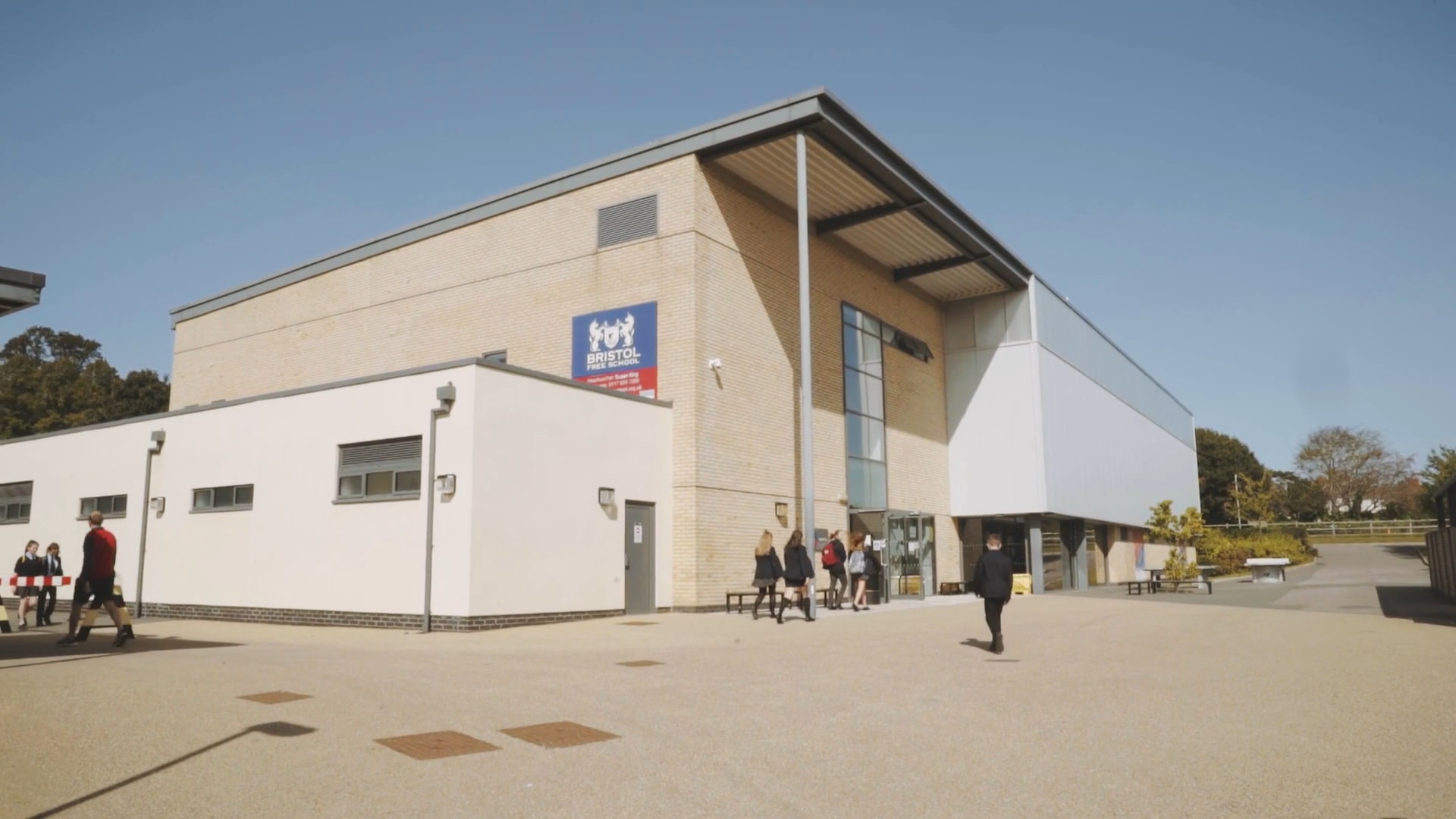
In this unit students will learn how data is represented by the computer systems and why the binary systems is essential for computer processing. Students will learnt how to convert binary into denary and be able to carry out addition, subtraction, multiplication and division on binary numbers. Students will learn why hexadecimal numbers are used and how to convert between binary, denary and hexadecimal. Students will also learn about binary representation of characters, images and audio and how file compression reduces files.
Students will sit a written End of Unit assessment. This topic is part of Unit 2. Unit 2 is 40% of the whole qualification and is a 1 hour 30 minute written examination.
Students will be able to explain what is meant by different types of computer systems and describe the structure of CPU and functions of components. They will understand the FDE cycle and the need to multiple cores, cache and virtual memory. Students will learn about systems software, operating systems and utility software. Students will learnt about different types of computer networks for different purposes and the functions of hardware required to connect computers. They will learn the differences between client servers and peer-to-peer networks, how data is transmitted across networks and the use of protocols to ensure integrity of data transmitted.
Students will sit a written End of Unit assessment. This topic is part of Unit 1. Unit 1 is 40% of the whole qualification and is a 1 hour 30 minute written examination.
Students will be able to threats posed to networks and describe different strategies used by criminals to attack computer networks and how these threats can be identified prevented and combatted using network policies..
Students will sit a written End of Unit assessment. This topic is part of Unit 1. Unit 1 is 40% of the whole qualification and is a 1 hour 30 minute written examination.
In this unit, students will learn about impact of development of computer science technologies and be able to discuss environmental, ethical, legal and cultural issues. Students will also be able to describe the legislation relevant to computer science and the issues of data collection and privacy.
Students will sit a written End of Unit assessment. This topic is part of Unit 1. Unit 1 is 40% of the whole qualification and is a 1 hour 30 minute written examination.
Students will prepare for examinations. There will be structured lessons focusing on the areas for development which will be ascertained from the mock exam analysis. Exam technique will feature in every lesson and there will be opportunity for personalised revision and one-to-one/small group delivery of key concepts.
Every lesson there will be exam style questions and students are expected to learn 201 keywords which have been provided for them and these will be tested weekly.
Unit 1: Computer Systems 1 hour 30 minutes examination. Monday 11th May 2020
Unit 2: Computational thinking, algorithms and programming 1 hour 30 minute examination. Thursday 14th May 2020